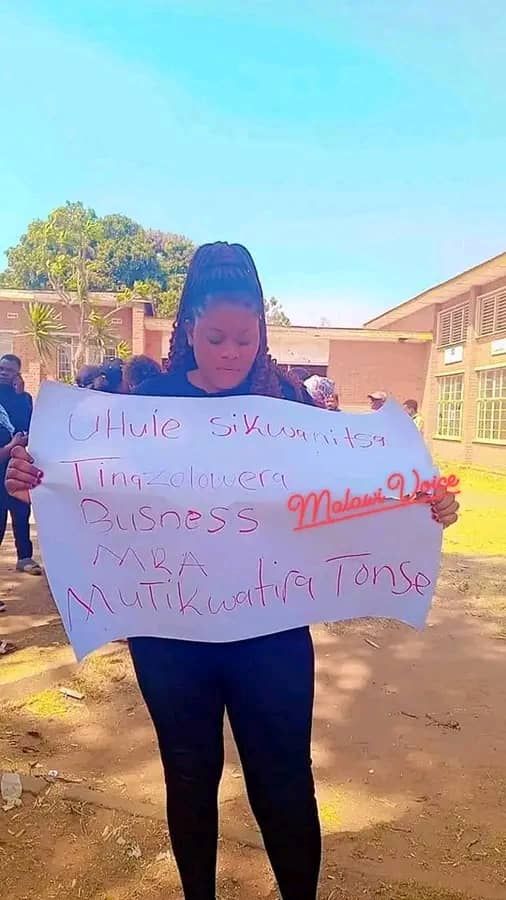By Burnett Munthali
In Blantyre, a significant water crisis is affecting residents across various neighborhoods, with many areas experiencing prolonged dry spells that have lasted for weeks or even months. Communities such as Machinjiri, Mpingwe, Chigumula, Chiwembe, Bangwe, and Chilomoni are all echoing similar concerns about the lack of access to clean water, highlighting a pressing issue that requires immediate attention.
Residents of Machinjiri have reported being without water for months, while those in Mpingwe are enduring dry taps for weeks on end. In Chigumula and Chiwembe, the situation is no different, as families struggle to cope without a reliable water supply. Bangwe is witnessing distress among its inhabitants, many of whom are crying out for help due to the water scarcity. Similar narratives of frustration and hardship are emerging from Chilomoni, further underscoring the widespread nature of the crisis.

The primary supplier of water in most parts of Blantyre City is the Blantyre Water Board, which has faced criticism from residents who are increasingly frustrated by the ongoing water shortages. The Chief Executive Officer of the Blantyre Water Board, Engineer Robert Hanjahanja, has been at the forefront of addressing the challenges faced by the utility company. However, the lack of a consistent and adequate water supply has left many citizens questioning the effectiveness of the Board’s operations.
Water is a fundamental necessity for everyday life, and its absence has far-reaching consequences on health, sanitation, and overall quality of life. Residents are concerned not only about their immediate access to water but also about the long-term implications of such shortages on public health and community wellbeing. The crisis has also raised alarm bells regarding the government’s ability to manage essential services effectively, as citizens rely on public utilities to meet their basic needs.
Community leaders and residents alike are calling for urgent action to address the water shortages in Blantyre. Solutions may include improving infrastructure, increasing investment in water supply systems, and enhancing the capacity of the Blantyre Water Board to ensure that all citizens have access to clean and reliable water.
As the situation persists, it is crucial for local authorities and the Blantyre Water Board to engage with the affected communities to provide timely updates and implement effective strategies to resolve the water crisis. The health and wellbeing of Blantyre’s residents depend on a sustainable and reliable water supply, and immediate measures must be taken to ensure that this basic human right is upheld for all.


